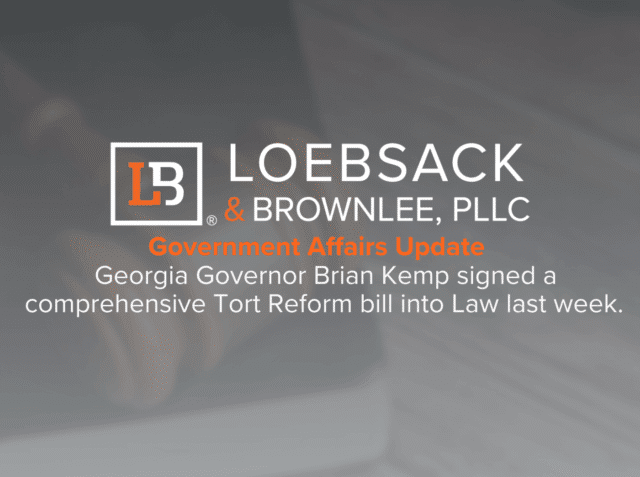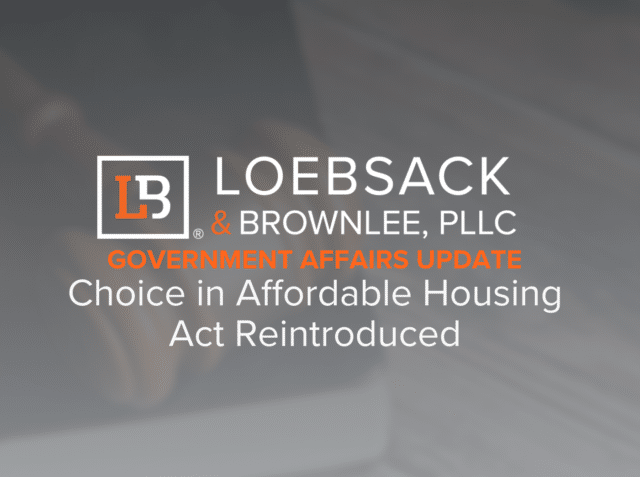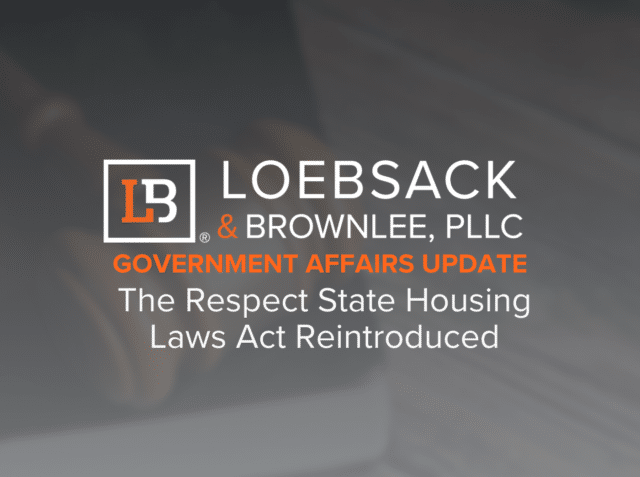
Georgia Governor Brian Kemp signed a comprehensive Tort Reform bill into Law last week.
On April 21, Georgia Governor Brian Kemp signed a comprehensive tort reform package that combines two pieces of legislation: SB 68 and SB

Choice in Affordable Housing Act Reintroduced
On March 6, 2025, Senators Kevin Cramer (R-N.D.) and Chris Coons (D-Del.), along with Representatives Mike Lawler (R-N.Y.) and Emanuel

The Respect State Housing Laws Act Reintroduced
The Respect State Housing Laws Act (H.1078) has been reintroduced in the 119th Congress to end the CARES Act’s 30-day

Winter Weather Reminder
It’s that time of year and we will have inclement weather from time to time. Any time Courts announce closures

eCourts moving on to Track 4 Counties
Attention Alamance, Chatham, Durham, Franklin, Granville, Guilford (Greensboro & Highpoint), Orange, Person, Vance, Warren County clients! As you might know,

New Colorado Supreme Court Ruling Brings Clarity to CARES ACT Requirements
An important legal ruling was issued on May 15th by the Colorado Supreme Court: it confirmed that the CARES Act

VAWA (Violence Against Women Act) Update
The U.S. Department of Housing and Urban Development (HUD) just recently issued a press release where they highlighted the

White House Renters Plan
This morning the White House released a plan to pursue a “Renters Bill of Rights.” We understand the importance of

Legislation Introduced to End Federal CARES Act Notice to Vacate
On September 30, 2022, Rep. Barry Loudermilk (R-GA) introduced the “Respect State Housing Laws Act” (H.R.9062), federal legislation that would

A Day in the Life of Michael Bell, Director of Client Relations
There are people that provide a great customer experience, and then there are those who provide exceptional experiences. However, very

D&I and Employee Retention
The nation is going through a major shift. A shocking report published by Forbes estimates that turnover is costing U.S

L&B Guide to Evictions After the CDC Order
Now that the Supreme Court has affirmed that the CDC’s Order is invalid, we know that our clients all have
Gain the L&B Advantage
Our Attorney Team helps you avoid the lost time & wasted money that comes from unwanted mistakes in your eviction process!

